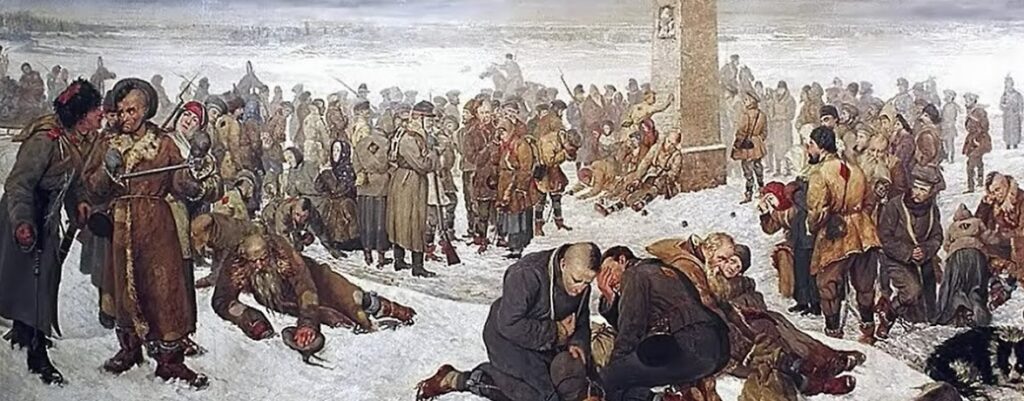Brideshead Revisited is a tragicomedy set in the in-between period of the First and Second World Wars. The story is centered on an aristocratic catholic family and their personal relationship with the main protagonist of the story – Charles Ryder. Charles’s attachment to the family through Lord Sebastian Flyte begins at a difficult time for the Marchmain family, and he unwittingly entwines himself in their troubled and complicated lives and is never able to free him completely from that attachment.
The book revolves around two different storylines – one social and the other personal – both intertwined, and both revolve around the Marchmain family. The time marks the end of an era and the decline of aristocratic dominance. Marchmains too are facing this change. Their power and wealth are declining and their personal relationships tumultuous. They are no longer the future of Britain; their time of importance is at an end and new powers were emerging to dominate and dictate them. This co-storyline serves as the backdrop to the other more dominant and complex storyline – which is the personal relationships of the members of the Marchmain family. This is where the protagonist comes into the picture.
The Marchmain family is a complicated lot. And Charles’s attachment with both Sebastian Flyte and Julia Flyte works both as negative and positive for him. His relationship with Sebastian, which can be interpreted in different ways, affects his life path. Sebastian’s fall from Oxford also marks the end of Oxford to Charles. Yet, Bridehead – the country estate of the Marchmain family – where Charles frequents his youth as Sebastian’s guest saves him. It inspires Charles to become an architectural painter; and a successful one at that. Years later, his romance with Julia takes a similar form to his relationship with her brother Sebastian. And yet again another Marchmain affects his life. Julia takes Charles away from his unhappy marriage only to end the affair in three years. All is not at an end, however, for Julia’s parting gift – faith – helps the agnostic Charles to return to God.
Bridehead Revisited is truly Charles’s revisiting of his life and not just his past. He recollects both his gains and losses, his achievements and mistakes. In a way, Charles’s life is a tragedy, as are Sebastian’s and Julia’s. But they all find solace in their return to God. This I believe is what Waugh wanted to convey to the readers – this returning to God for comfort and peace and the ultimate salvation. However, this interpretation is something to be implied; Waugh doesn’t help you there much with his characters.
This complex story, with its diverse and deep themes, is nostalgic and melancholic. It is the kind of story that the readers will feel deeply. But unfortunately, the characters didn’t quite rise to the moment. They were unfeeling, detached, and self-absorbed for the most part. The inability to form a strong connection with the characters worked a bit negatively for me.
What attracted me most, however, is Evelyn Waugh’s beautiful prose; it is both poetic and metaphoric. It captures the nostalgic and melancholic tone of the story quite elegantly. It is certainly his forte. This is my first reading of a work by him, and I’m simply blown by his writing. It is incredibly beautiful.
Overall, I did enjoy the story despite my disappointment with the ending. And I certainly enjoyed his writing. To say that I enjoyed Waugh’s poetic prose more than the story itself is no exaggeration.
Rating: 4/5



